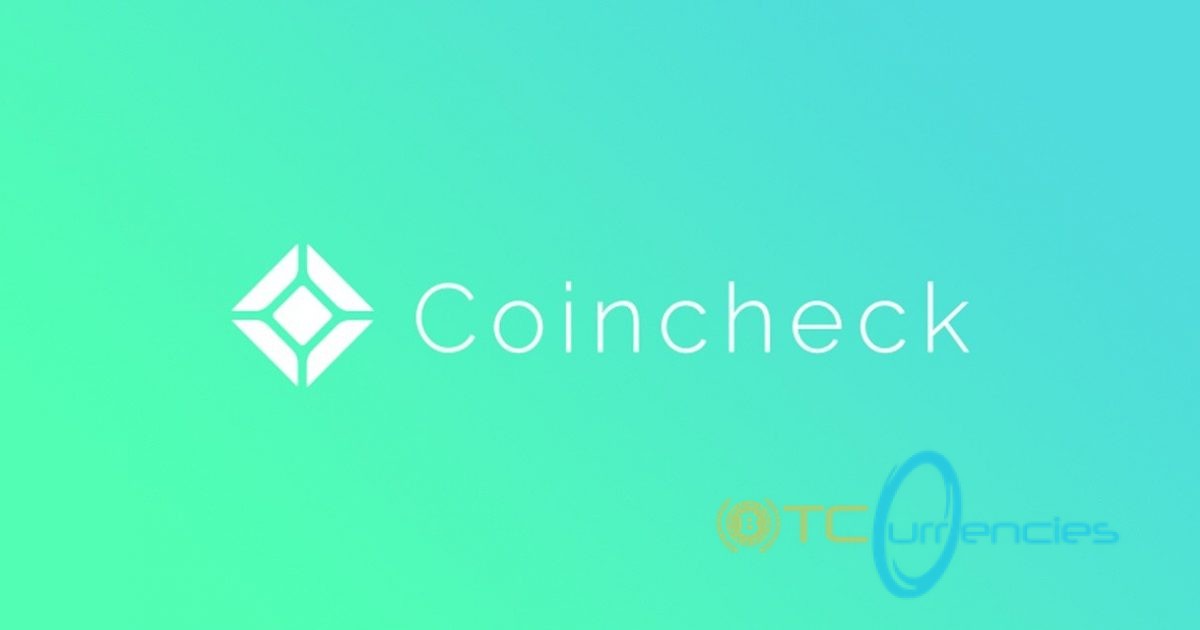Coincheck, the major Japanese crypto exchange that was recently hacked has announced its plans to begin compensating its customers starting next week as it prepares to resume operations, reports Nikkei. The company made the announcement Thursday, March 8. The crypto exchange has so far received 2 business improvement orders from Japan’s main financial regulator. Reports say that the exchange may stop trading certain cryptocurrencies for safety concerns.
Coincheck was hacked January 26, losing the crypto NEM worth about 58 billion Yen (approximately USD$550 million). The cryptocurrency lost was held by an estimated 260,000 customers. The hack forced Coincheck to suspend almost all the services it was offering.
The total compensation will amount to 46 billion Yen in total, and according to Yusuke Otsuka, the company’s COO and co-founder, the company will give victims of the hacking up to 88.549 Yen for every NEM coins stolen. This decision has, however, been criticized by some people who are now demanding that the company compensates the full amounts at the time when the hacking happened.
Since the hack, there have been multiple lawsuits filed against the Japanese crypto exchange by various victims demanding that the company returns their cryptocurrencies. Meanwhile, the exchange plans to repay its customers in Japanese Yen, not in cryptocurrency.
The Hack was through Malware
An investigation conducted by the JEG (the Japan Exchange Group) in conjunction with at least 5 top financial security firms reveals that the hacking was through a malware infection sent via email to multiple employee PCs. Otsuka explained that various employees received the malware-laden email, and once one clicked on an infected link, the malware spread.
Otsuka did not, however, reveal whether or not the email came from a source within Japan. When asked to comment on the source, Otsuka said that he was under investigation and could, therefore, not reveal the source. The COO emphasized that going forward; cryptocurrencies are going to be stored in more secure cold wallets. “We have reconstructed our network that is now constantly monitored, we restructured our servers in newer environments and also replaced our business PCs,” he said.
Regulator’s Business Improvement Orders
Soon after the hack, the FSA (the Japanese Financial Services Agency) summoned the company seeking an explanation about the situation. The regulator slapped the company with an improvement order, and early Thursday, the company received another business improvement order from the same agency. FSA also punished 6 other Japanese exchange operators for what it termed as “inadequate measures for customer protection.”
During a press conference, COO Ostuka explained that in response to their second business improvement order, the exchange “will undertake a review of its management system, examine its content and report it.” He went on to reveal that since July 2017, the whole virtual currency market price rose, users increased and that their business expanded significantly.
Koichiro Wada, Coincheck’s CEO admitted that their personnel wasn’t enough for securing their system. He said that he tried to expand through utilizing introduction companies and recruiters, but that led to the hack. The company intends to resume its operations next week.




